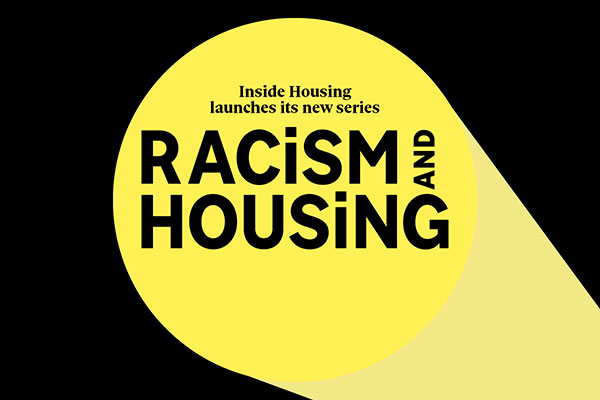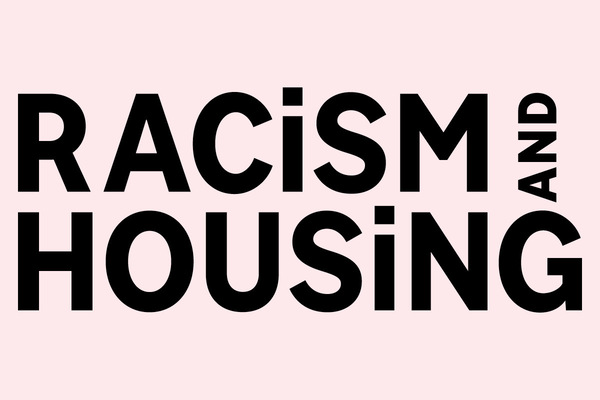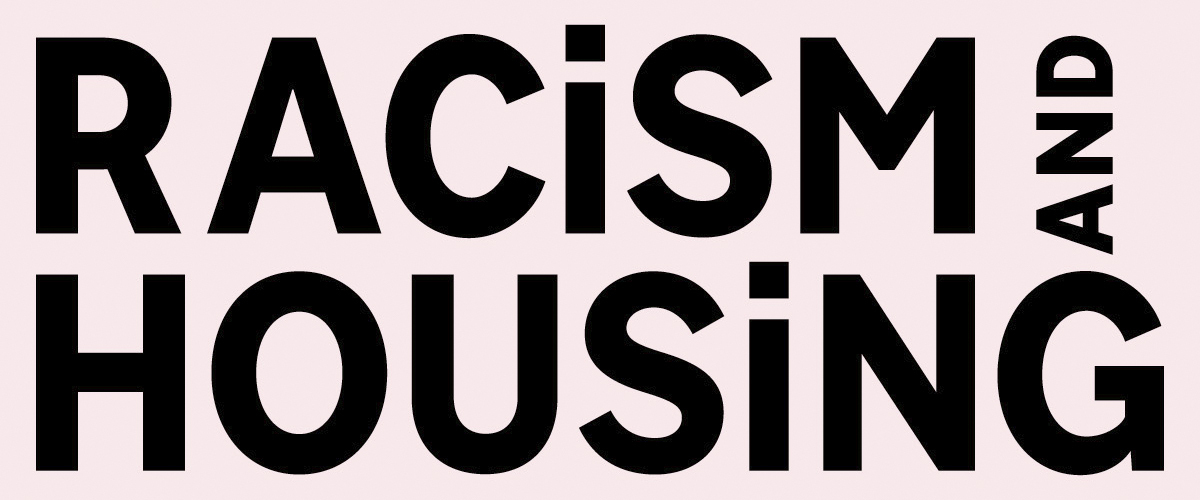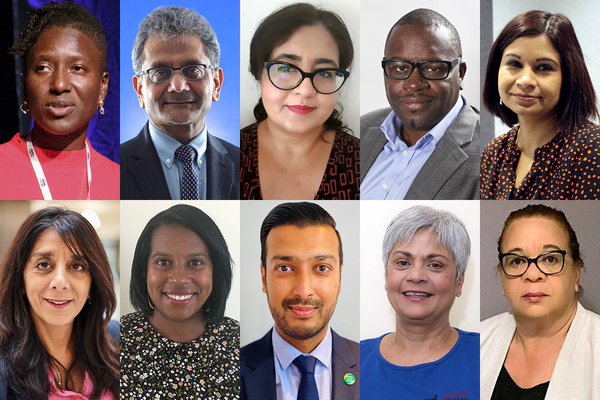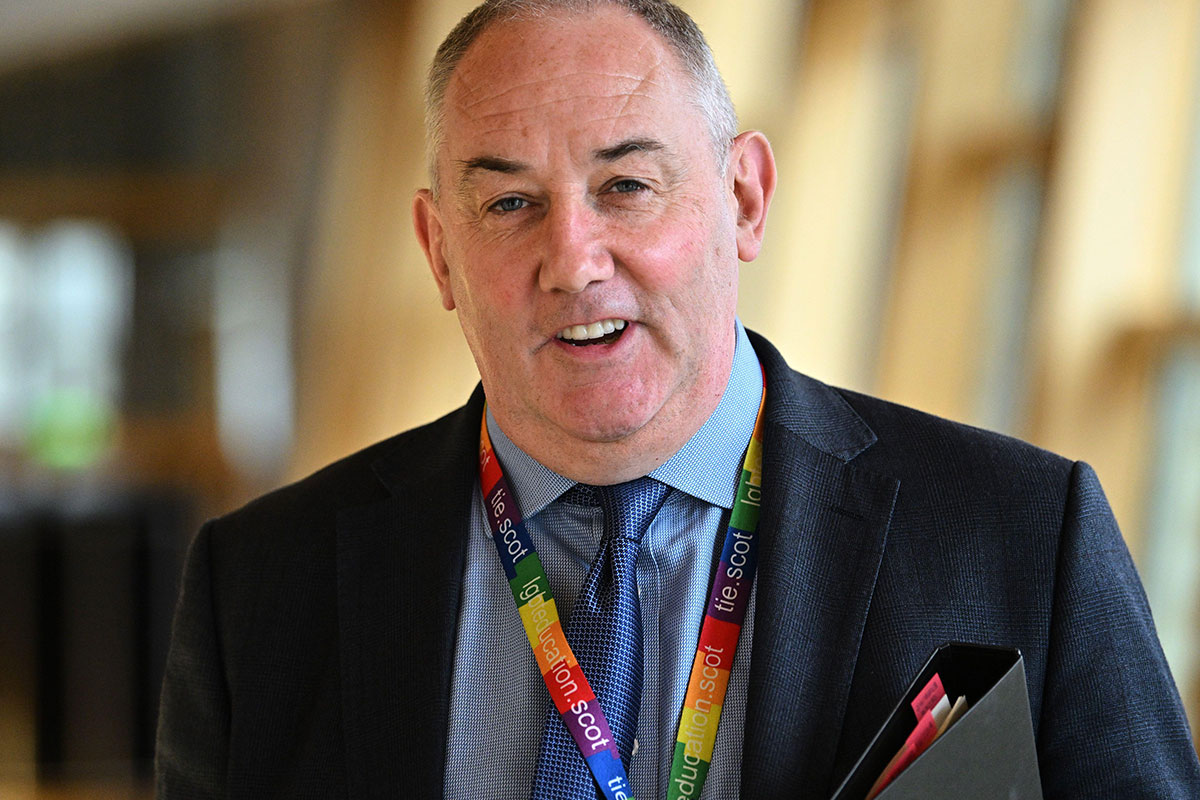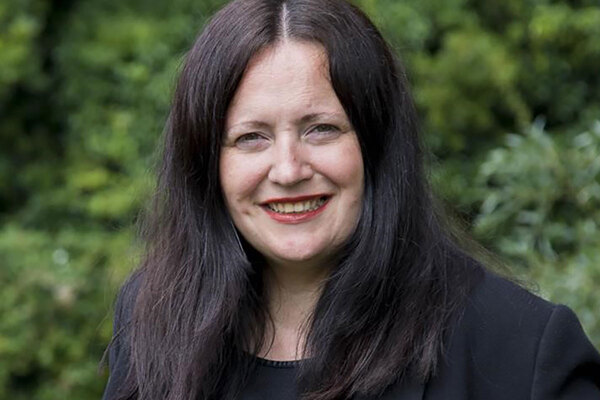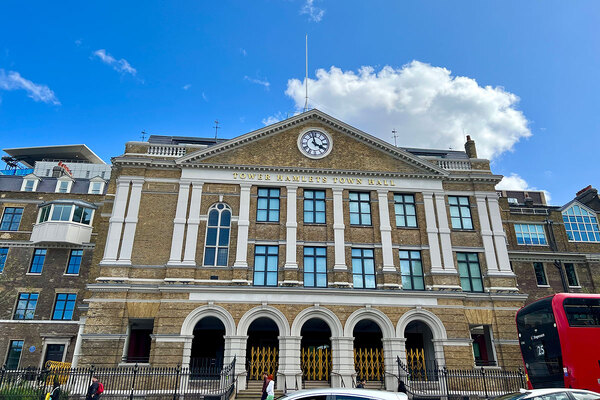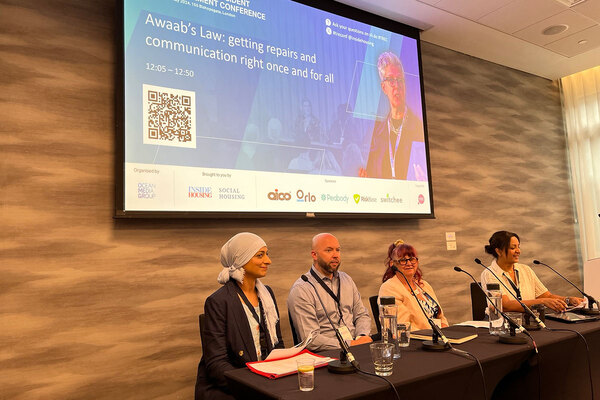You are viewing 1 of your 1 free articles

Now is the time to address racism and discrimination in our sector

It is well beyond time for the housing sector to take action on racism, says Jitinder Takhar
Joining the housing world in 1992 was always going to be a challenge for a Doc Marten-wearing ex-student recently exiting the academic world and into what was then a very male-dominated property development environment.
I can remember tearing down The Sun newspaper page three posters in site huts and speaking up in site meetings surrounded by men even when I was new to the development process. So it is fair to say that I thought I was never afraid to speak out. However, I realise now I was – and it’s time to stop.
There is something sinister about racism. It creeps in under your skin so sometimes you don’t know whether you’re not quite good enough for that job or whether it’s because you’re not understood or wanted.
I have had some breaks along the way and have met some excellent employers. But I have also come across a number of prospective employers and recruiters where I couldn’t get past the first interview.
Up until the killing of George Floyd in the US last year, I had largely accepted this as a fact of my life. When the world erupted at the murder of this Black man, I couldn’t sit back anymore.
I have often described this as the ‘traffic control alligator plate’ moment – you know those barriers that only allow one way flow (you literally cannot reverse over them without damaging your tyres and car). That’s how I felt last year and how I continue to feel.
“Racism creeps in under your skin so sometimes you don’t know whether you’re not quite good enough for that job or whether it’s because you’re not understood or wanted”
A moment happened which has created a lasting effect. Years of suppressed anxiety, hurt and, yes, anger have emerged at what I look back at as perceived injustices. (See, I am still doing it! “It could just be me that’s taken things too personally”.)
This internalised racism isn’t all that hard to understand. When you have been told that the lack of Black people at senior level is because there aren’t enough good candidates or when you have been told by a recruiter that it may be better to apply for a chief executive role in the Midlands rather than in London, it is tiring to challenge this – whether outwardly and inwardly.
I and many others like me were tired of the fight. Yet, there was such a widespread reaction to this moment and also across the world. There was something about this killing that sparked both an intuitive and logical reaction of “that’s enough”.
Treating people differently because of the colour of their skin is like an emperor’s new clothes moment – it’s time to speak up. Perhaps the world has finally grown up, the scales fell away from our eyes collectively and we saw the truth – that skin colour does matter and not always in a good way.
“There is huge bank of talent, energy and experience among the Black, Asian and minority ethnic workers that are up to the job”
I am now in my mid 50s and have worked in a world that is not always fair. There is no reason why people of colour should not be employed in our sector at the most senior levels, especially in a place like London where non-whites make up 40% of the population.
But this is not happening and this needs to be addressed. Not least because the populations we serve are equally, if not more, made up of people of colour.
The Inside Housing race and housing editorial panel of volunteers put themselves forward to help our sector see the truth that there is something wrong in how we recruit to the top and also that there is huge bank of talent, energy and experience among the Black, Asian and minority ethnic workers that are up to the job.
Personally, I just can’t sit back and stay quiet. At my organisation we have made some significant appointments. The group chair, the subsidiary registered provider chair, the operations director and I are all women of colour – with the credentials to do our jobs. How we have arrived at the same place at the same time is another articIe!
I have made it to the chief executive level, but it has not been an easy path. I would like to see the housing world become a champion of equality because it wants to.
I have worked with some of the best individuals anyone could hope to meet and know that there is an appetite for a better way. I’ve said it before: who wouldn’t want to work in a sector championing what is right?
Jitinder Takhar, chief executive, Homes for Lambeth
Racism and Housing series
Inside Housing’s Racism and Housing series aims to investigate how race inequality and racism interact with and impact on housing – for tenants, for staff working in housing, and for organisations. It has been launched a year since George Floyd’s murder prompted a huge global wave of Black Lives Matter activism.
We will be publishing monthly investigations that look at racism, race and housing, both in terms of what is going wrong, and what actions that sector is taking to address this.
If you have an idea for a story relating to this campaign, please contact deputy editor (features) Jess McCabe, at jess.mccabe@insidehousing.co.uk.
The stories published so far include:
‘We had to abandon everything’: the story of Chan Kataria and the flight of the Ugandan Asians
Race and the cost of living crisis: the impact on social housing tenants
How to create an inclusive housing association: a conversation with Bal Kang
How Cardiff landlords are tackling under-representation
Why has diversity progress stalled?
How racism impacts homeless people
How planning is failing to address race inequality in housing
Race and allocation: who are the new tenants getting social housing, and is it equitable?
How to increase representation of ethnic minorities in senior roles
How race impacts on people’s likelihood of living in a damp home or experiencing fuel poverty
The race and housing editorial panel’s response to the Sewell Report
In March 2021, the Commission on Race and Ethnic Disparities published the Sewell Report. The Inside Housing race and housing editorial panel wants to join the many others who have spoken up to express disappointment and disbelief at this report, and to state its view that institutional racism does exist in the UK, as accepted by previous commissions – Macpherson, Lammy, Marmot and Williams. As such, the report fails to reflect the lived experiences of Black, Asian and minority ethnic people in the UK.
The report has, at this point, already been criticised heavily, including from within the housing sector in statements by BME National and Shelter, as well as others such as the Runnymede Trust. The panel shares many of these criticisms.
The Sewell Report did not focus on housing, and barely mentioned housing except in terms of discussing homeownership. This was a missed opportunity, because as the sector well knows, access to a decent home you can afford is essential in giving you the stability to put down roots, get a decent job, and for children to succeed in their education and to fulfil their aspirations.
Lack of decent, affordable housing – which is a problem across the UK, but disproportionately for Black, Asian and minority ethnic people – plays a crucial role in why opportunities are lost and aspirations are unfulfilled. The report itself acknowledged, although it did not explore the implications of this, that “ethnic minority Britons are more likely to live in persistent poverty and overcrowded housing”.
It matters if policy – including housing policy – is not designed with this in mind. Examples of this include a focus by government and the sector on building new homes for homeownership, which are often out of reach of minority ethnic communities due to economic and wealth disparities in the UK.
“We ask the sector to ask itself questions about how and what it prioritises in using its resources in addressing those in greatest housing need. What actions are your organisations taking to address racism and disparities faced by minority ethnic residents living in your communities and in your homes, and staff working in your organisations?”
During the pandemic, another example has occurred: the focus of local authority funding on rough sleepers. This investment was necessary and welcome. However, funds were not provided for other groups of homeless people, such as families and individuals living in temporary accommodation with shared facilities, even though this clearly put them at risk of COVID-19. One in three homeless households are from ethnic minority backgrounds compared with one in seven from the general population.
The panel wishes to address this statement not to the government or the Sewell commission, but to the housing sector. The report was a missed opportunity. It failed to take the opportunity to address the challenges to co-design a new way forward, and think and act differently in partnership with those who can instigate change.
However, this is something the housing sector can take action on, regardless of the disappointments of the report. Institutional racism is a significant issue that our tenants and staff from minority ethnic backgrounds face. It contributes to poverty among people from those backgrounds and inhibits their ability to meet their aspirations.
We ask the sector to ask itself questions about how and what it prioritises in using its resources in addressing those in greatest housing need. What actions are your organisations taking to address racism and disparities faced by minority ethnic residents living in your communities and in your homes, and staff working in your organisations?
Are investments by your organisations directed at areas and communities in most housing need? Have you asked at board and executive level: “Why are minority ethnic people over-represented in homelessness statistics, in overcrowded housing, and in precarious private rented sector accommodation?”
To look within, what is the ethnicity pay gap in your organisation, and will you commit to publishing it? What is the break-down by ethnicity of staff at different grades in your organisation and will you publish this?
Who are the race and housing editorial panel?
- Adunni Adams, head of delivery at Catalyst
- Farida Aslam, senior neighbourhoods manager (services to older people and community investment) at Vale of Glamorgan Council
- Cym D’Souza, chief executive of Arawak Walton Housing Association, and chair of BME National
- Sian Edwards, temporary accommodation team lead (PLS and hostels) at Kingston Council
- Lorri Holding, head of customer services at Warrington Housing Association
- Shahi Islam, head of affordable housing grants at Homes England
- Dilip Kavi, chief executive of PA Housing
- Olu Olanrewaju, associate director of Altair International
- Jahanara Rajkoomar, director of community investment at Metropolitan Thames Valley
- Jitinder Takhar, chief executive of Homes for Lambeth
- Rosalind Ugwu, independent consultant

